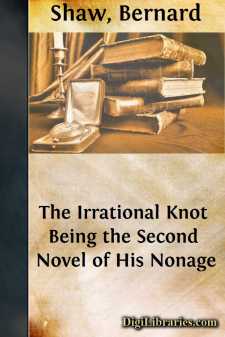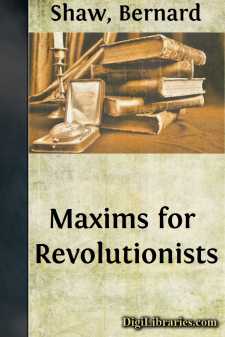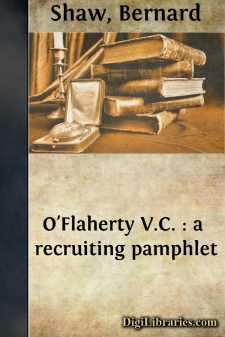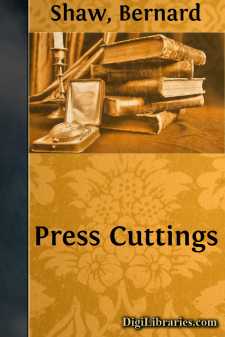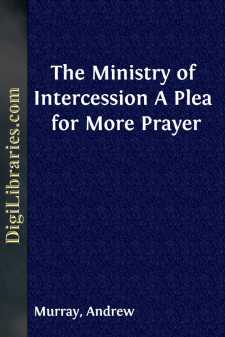Categories
- Antiques & Collectibles 13
- Architecture 36
- Art 48
- Bibles 22
- Biography & Autobiography 813
- Body, Mind & Spirit 142
- Business & Economics 28
- Children's Books 17
- Children's Fiction 14
- Computers 4
- Cooking 94
- Crafts & Hobbies 4
- Drama 346
- Education 46
- Family & Relationships 57
- Fiction 11829
- Games 19
- Gardening 17
- Health & Fitness 34
- History 1377
- House & Home 1
- Humor 147
- Juvenile Fiction 1873
- Juvenile Nonfiction 202
- Language Arts & Disciplines 88
- Law 16
- Literary Collections 686
- Literary Criticism 179
- Mathematics 13
- Medical 41
- Music 40
- Nature 179
- Non-Classifiable 1768
- Performing Arts 7
- Periodicals 1453
- Philosophy 64
- Photography 2
- Poetry 896
- Political Science 203
- Psychology 42
- Reference 154
- Religion 513
- Science 126
- Self-Help 84
- Social Science 81
- Sports & Recreation 34
- Study Aids 3
- Technology & Engineering 59
- Transportation 23
- Travel 463
- True Crime 29
Getting Married
by: Bernard Shaw
Description:
Excerpt
THE REVOLT AGAINST MARRIAGE
There is no subject on which more dangerous nonsense is talked and thought than marriage. If the mischief stopped at talking and thinking it would be bad enough; but it goes further, into disastrous anarchical action. Because our marriage law is inhuman and unreasonable to the point of downright abomination, the bolder and more rebellious spirits form illicit unions, defiantly sending cards round to their friends announcing what they have done. Young women come to me and ask me whether I think they ought to consent to marry the man they have decided to live with; and they are perplexed and astonished when I, who am supposed (heaven knows why!) to have the most advanced views attainable on the subject, urge them on no account to compromize themselves without the security of an authentic wedding ring. They cite the example of George Eliot, who formed an illicit union with Lewes. They quote a saying attributed to Nietzsche, that a married philosopher is ridiculous, though the men of their choice are not philosophers. When they finally give up the idea of reforming our marriage institutions by private enterprise and personal righteousness, and consent to be led to the Registry or even to the altar, they insist on first arriving at an explicit understanding that both parties are to be perfectly free to sip every flower and change every hour, as their fancy may dictate, in spite of the legal bond. I do not observe that their unions prove less monogamic than other people's: rather the contrary, in fact; consequently, I do not know whether they make less fuss than ordinary people when either party claims the benefit of the treaty; but the existence of the treaty shews the same anarchical notion that the law can be set aside by any two private persons by the simple process of promising one another to ignore it.
MARRIAGE NEVERTHELESS INEVITABLE
Now most laws are, and all laws ought to be, stronger than the strongest individual. Certainly the marriage law is. The only people who successfully evade it are those who actually avail themselves of its shelter by pretending to be married when they are not, and by Bohemians who have no position to lose and no career to be closed. In every other case open violation of the marriage laws means either downright ruin or such inconvenience and disablement as a prudent man or woman would get married ten times over rather than face. And these disablements and inconveniences are not even the price of freedom; for, as Brieux has shewn so convincingly in Les Hannetons, an avowedly illicit union is often found in practice to be as tyrannical and as hard to escape from as the worst legal one.
We may take it then that when a joint domestic establishment, involving questions of children or property, is contemplated, marriage is in effect compulsory upon all normal people; and until the law is altered there is nothing for us but to make the best of it as it stands. Even when no such establishment is desired, clandestine irregularities are negligible as an alternative to marriage....




